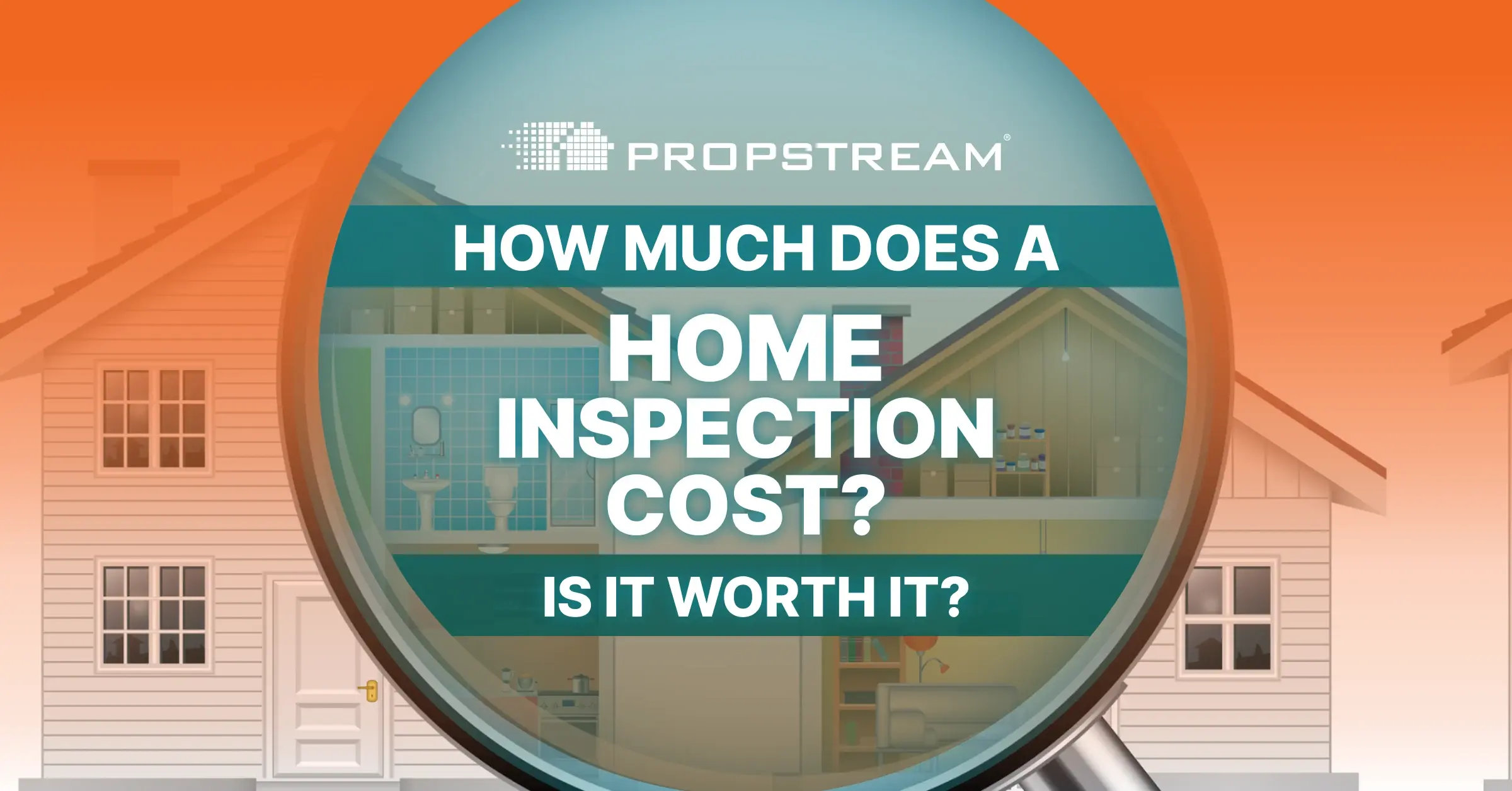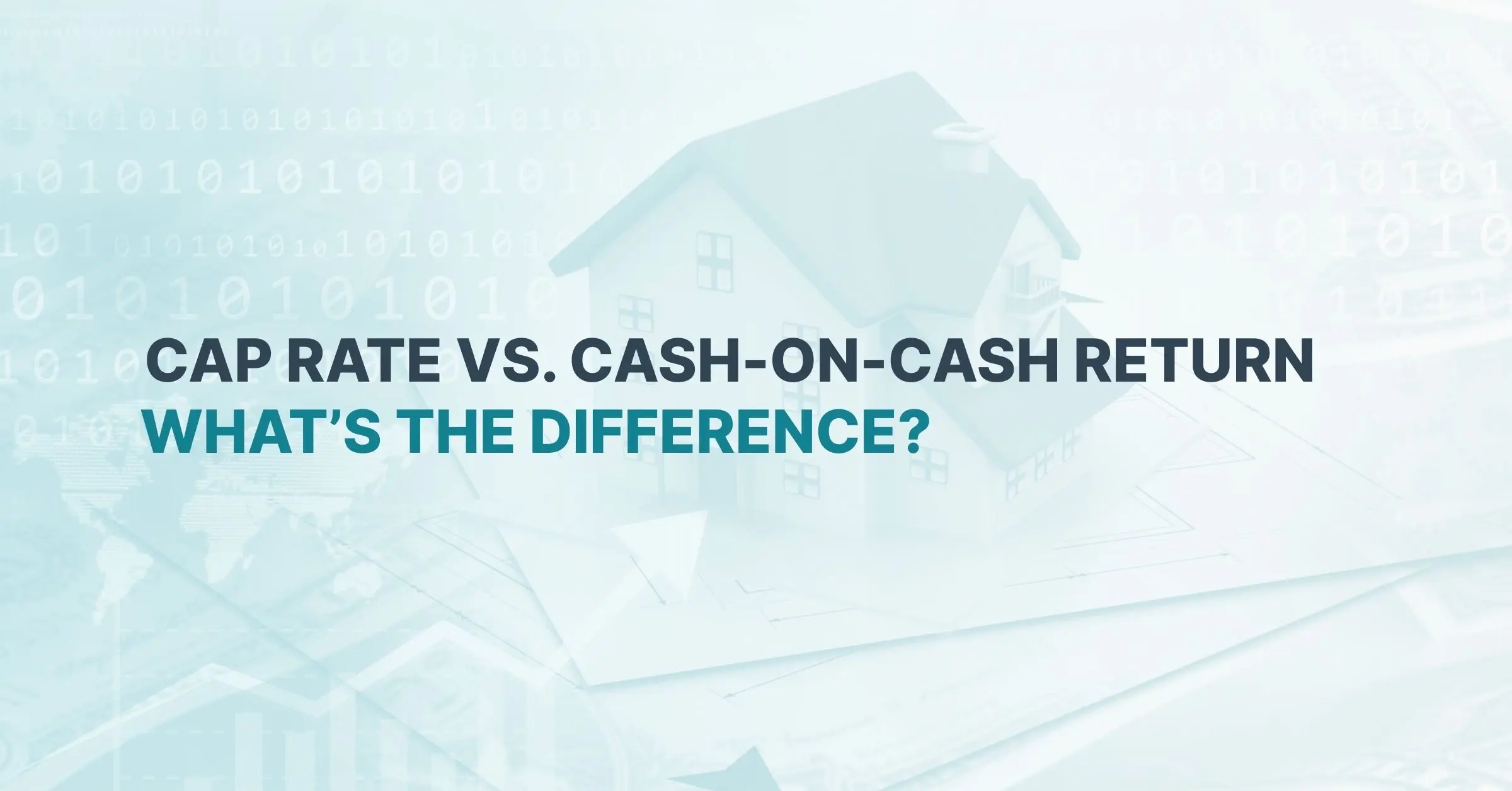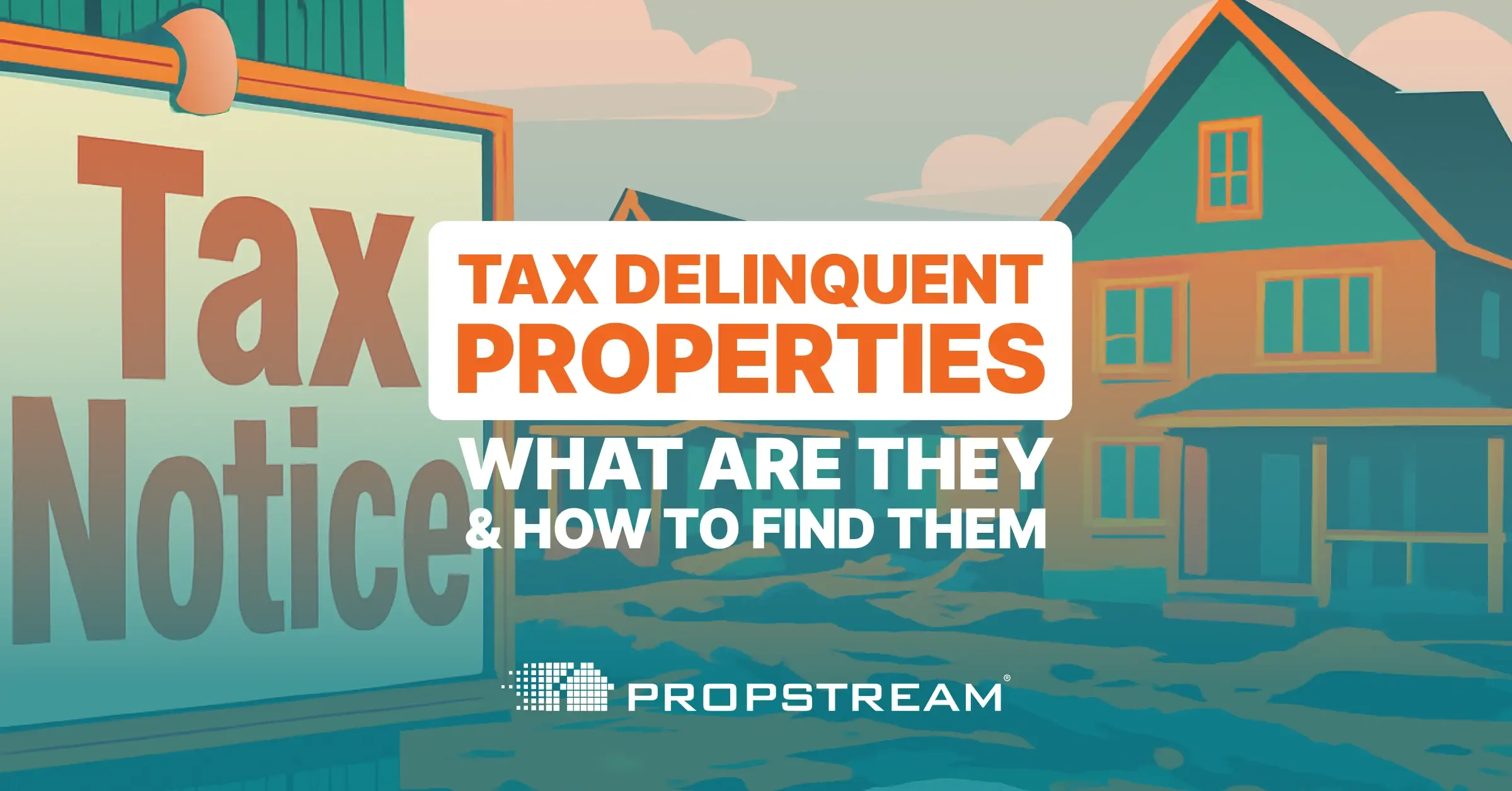Disclaimer: PropStream doesn’t offer financial advice. We recommend consulting a licensed financial professional before trying any new real estate investment strategies.
For many prospective real estate investors, saving up for a down payment can be a barrier to entry. However, there are ways to invest that require little money upfront.
In this article, we’ll explain five of the most popular real estate investing strategies for those on a tight budget.
Table of Contents
- Other People's Money (OPM)
- House Hacking
- Real Estate Investment Trusts (REITs)
- Real Estate Crowdfunding
- Wholesaling
Key takeaways:
Saving for a down payment can pose a hurdle for aspiring real estate investors. However, there are investment avenues that demand minimal upfront capital or allow investors to lean on others for funding, making REI more accessible.
Funding sources like OPM and house hacking allow investors to actively invest in real estate with little down payment. Wholesaling is another method of active investing that can be achieved with no down payment.
REITs and crowdfunding are available options for investors seeking a more passive form of real estate investing.
1. Other People's Money (OPM)

Many first-time investors don’t realize they can use other people’s money (OPM) to invest in real estate (aka creative financing). Some ways to do this include:
Seller financing. Instead of getting a traditional mortgage from a bank to finance an investment property, you can ask the seller to lend the money (aka seller financing or a purchase-money mortgage). This way, you might gain more favorable loan terms, such as a low down payment requirement (or no down payment). Generally, sellers can offer more lenient loan terms because they aren’t regulated like banks.
Partnerships. Partner with other investors to spread the cost of getting into real estate. This is quite common in commercial real estate due to the hefty price tag of many deals. However, you can also partner with others to invest in residential property. Ask friends and family or look for investment partners online. If it’s a good enough deal, you may be able to convince more seasoned investors to put down the required capital as well.
Private and hard money loans. If you don’t qualify for a traditional mortgage, consider getting a private or hard money loan. Both involve private lenders rather than banks and may offer more flexible loan terms. Hard money loans are secured by a real asset (such as the property) and put less weight on borrower credit. Private money loans are a broader category that can include hard money loans but refer to any loan offered by a private lender. Both loan types are typically short-term and more accessible but tend to have higher interest rates.
2. House Hacking
Another way to get into real estate without breaking the bank is to house hack. This refers to the practice of renting out part of your primary residence.
You can put the extra rental income toward your mortgage payment (in some cases, it could cover your mortgage and more) or save it for a separate investment property.
Here are a few different ways to house hack:
Rent out a spare bedroom. This is one of the most common ways to house hack. Essentially, it involves getting a roommate and charging them rent.
Rent out an accessory dwelling unit (ADU). This means building a small, separate dwelling on your property (aka an ADU) and renting it out to long - or short-term tenants. For the latter, you can list the ADU on short-term rental platforms.
Rent out self-storage or parking space. If you prefer to avoid dealing with tenants, you can also rent out extra storage space in your house. After all, 1 in 4 Americans has a clutter problem and may be willing to spend money to give their stuff a new home. Similarly, you can rent out extra parking space for cars, trucks, RVs, boats, or other vehicles.
Buy a multi-family property and rent out the other units. This means buying a duplex, triplex, or fourplex and living in one of the units while renting out the others. If the property has four units or less, it may qualify for a consumer mortgage, which tends to have better loan terms. You may also be eligible for a government-backed FHA or VA loan with lower down payment requirements.
Keep in mind that when approving mortgages for borrowers for multi-family properties and properties with ADUs, many lenders factor in rental income.
For example, suppose you plan to buy a duplex where one side is being rented for $1,000 monthly. In that case, the lender will count this toward your overall income, typically making it easier to qualify for the mortgage, increasing your home purchase budget, and making homeownership more affordable.
That said, this form of house hacking comes with landlord duties. You’ll be responsible for managing tenants and ensuring they have a habitable space, which takes time and effort.
3. Real Estate Investment Trusts (REITs)
If you prefer a passive approach to real estate investing rather than the hands-on approach some house-hacking methods require, consider buying shares of real estate investment trusts (REITs). These are funds that hold and operate income-generating real estate.
Unlike rentals and fix-and-flip properties, REITs are managed by dedicated fund managers and can be traded like stocks on the stock market. Shareholders receive regular dividends (REITs are legally required to pay out at least 90% of their earnings) and benefit from any appreciation of the underlying asset.
REITs can also vary by trading method (publicly traded, public non-listed, and private), asset type (equity, mortgage, and hybrid), and property type (residential, commercial, industrial, medical, etc.)
Overall, REITs can be a great way to get exposure to real estate without risking much capital (some sell for as little as a few dollars) and without any of the hands-on work or commitment that comes with direct real estate investment (you don’t have to choose or manage the properties and can sell at any time).
4. Real Estate Crowdfunding

Like REITs, real estate crowdfunding lets you invest in real estate without buying an entire investment property. It involves pooling your money with other investors to go in on deals you couldn’t otherwise afford.
Real estate crowdfunding took off after the Jumpstart Our Business Startups (JOBS) Act passed in 2012. This bill made it easier for companies to publicly advertise crowdfunding opportunities and raise money from non-accredited investors.
Today, there are many real estate crowdfunding platforms. Some allow you to invest in real estate for as little as $10.
When you invest using a real estate crowdfunding platform, you’re buying ownership shares of a property or multiple properties (AKA “fractional real estate investing”). This makes investing with little money easier and can limit risk through diversification.
However, real estate crowdfunding platforms typically charge 1-4% fees for managing, processing, and withdrawing early from property investments. So, before investing, be sure to do your due diligence.
5. Wholesaling
One creative way to get into real estate is through wholesaling. This involves putting a property under contract and then selling the contract to another investor for a profit.
The beauty of wholesaling is that it doesn’t require any money upfront since you never actually buy the property. However, wholesaling requires abundant market knowledge and marketing know-how to find deals that will offer a return.
The wholesaling process involves two types of contracts: a purchase agreement and an assignment contract. The initial purchase agreement outlines the purchase details (e.g., purchase price, closing date, and any contingencies). The assignment contract outlines the transfer of the purchase agreement from the wholesaler to another investor. It details the transfer of rights, assignment fee (the wholesaler’s profit), assignment date, and other contingencies.
Keep in mind that wholesaling regulations vary by state and city. Some regions require a license to become wholesalers, while others don’t. Carefully review your local wholesaling laws before attempting this investment method.
Becoming a wholesaler also isn’t easy. It takes serious work. So, if you’re new to it, consider taking our free PropStream Academy course: Introduction to Wholesaling.
Start Your Real Estate Investing Journey With PropStream
As you can see, there are many ways to start investing in real estate with little money. Even if you’re not a beginner, you can try some of these strategies to diversify your investment portfolio.
Whether you choose to use OPM, house hack, or wholesale, PropStream can help. We offer data for over 160 million properties nationwide, which you can sort through using 165+ search filters and 20 Lead Lists. Find your next deal by signing up for a free 7-day trial today!
Frequently Asked Questions (FAQs)
What are the potential risks of investing in real estate with little money?
Though investing in real estate with little money can lower the barrier to entry, it can also come with risk. This could include higher mortgage rates, higher leverage and debt, limited property options, limited exit strategies, property maintenance challenges, etc. To mitigate these risks, do your due diligence, seek professional advice, and carefully plan your investment strategy.
Should you invest in real estate with no money down?
This depends on the specific deal and your situation. To limit risk, do your due diligence, weigh your options, and don’t overleverage yourself. Sometimes, waiting for a safer deal or saving up for a down payment is best.
Can I use a combination of these real estate investing strategies?
Absolutely! None of the real estate investing strategies above are mutually exclusive, and one can help you move on to another. For example, you could start by house hacking and spend the extra rental income on a partnership deal or crowdfunding.
How do I choose the right real estate crowdfunding platform or REIT?
Choosing the right crowdfunding platform or REIT requires research. Consider the fees, historical performance, investment minimums, property types offered, and other criteria. Make sure they align with your personal risk tolerance and financial goals.
Is it possible to invest in real estate if I have a low credit score?
Yes. Many real estate investing strategies don’t require a high credit score: hard money loans, private money loans, real estate crowdfunding, REITs, wholesaling, and more.
What are some common mistakes to avoid when investing in real estate with little money?
Some common mistakes include inadequate research, underestimating property expenses, absence of a solid exit strategy, overleveraging yourself, ignoring local regulations, and not seeking professional advice.
Can I invest in real estate while holding a full-time job?
Yes, investing in real estate while holding a full-time job is possible. House hacking, REITs, crowdfunding, and other strategies lend themselves to investing in real estate while working full-time.



